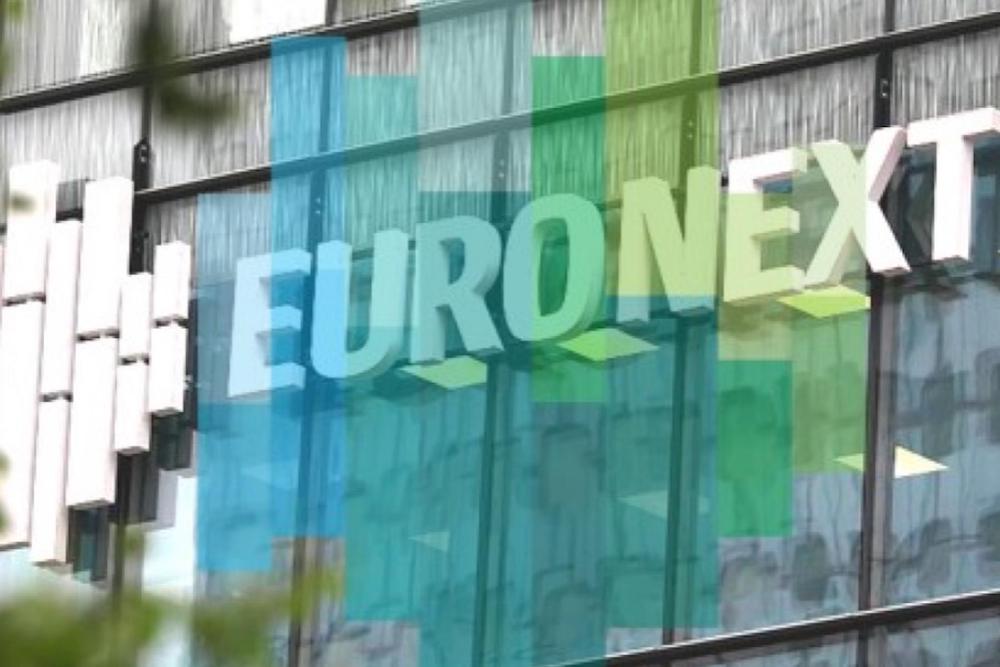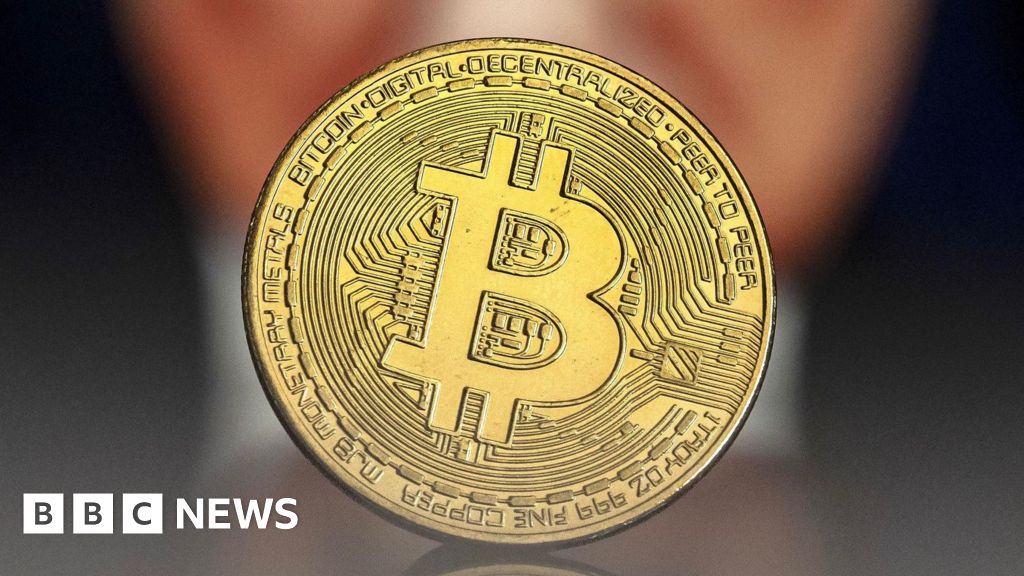Beyond Bitcoin: The Digital Revolution Reshaping Global Finance

Beyond Digital Currency: The Profound Promise of Cryptocurrency
In recent months, my perspective on cryptocurrency has dramatically shifted. What initially seemed like a mere digital alternative to traditional money has revealed itself as something far more transformative and complex. Cryptocurrency represents more than just a financial instrument—it's a powerful global movement symbolizing humanity's deep-seated desire for financial independence and decentralized control.
This isn't simply about creating a new form of money, but about challenging existing financial paradigms. Cryptocurrency embodies a revolutionary concept: empowering individuals to transcend traditional banking systems and take unprecedented control of their economic destinies. It's a bold statement of financial autonomy, offering people worldwide an alternative to centralized monetary structures that have long dictated economic interactions.
The true potential of cryptocurrency extends far beyond transactions—it's a philosophical statement about personal economic freedom, technological innovation, and the democratization of finance in an increasingly interconnected global landscape.







